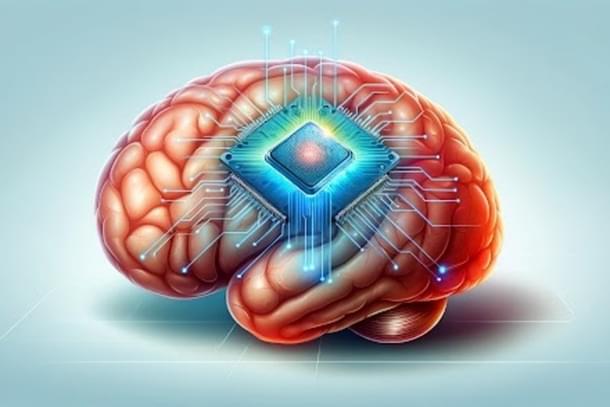News Brief
Elon Musk’s Neuralink Brain Chip Faces Competition From China’s 'Safer' Alternatives
Arun Dhital
Jun 28, 2025, 01:19 PM | Updated 01:19 PM IST
Save & read from anywhere!
Bookmark stories for easy access on any device or the Swarajya app.


While Elon Musk’s Neuralink is drawing global attention for its N1 brain-computer interface (BCI), recently implanted in its seventh human trial participant, China is quietly advancing what may be a safer, less invasive alternative that could sidestep the need for open-skull surgery.
Neuralink’s N1 chip, designed to help patients with ALS (a progressive neurodegenerative disease) or severe spinal cord injuries, involves drilling into the skull and embedding electrodes directly into brain tissue.
This deep-tissue approach provides high-fidelity brain signals, enabling users to control digital devices, type, browse the web, or even play games using their thoughts.
However, the procedure carries surgical risks and long-term health concerns.
In contrast, Chinese scientists are pushing forward with less invasive BCI technologies.
The Chinese Institute for Brain Research and NeuCyber NeuroTech has developed Beinao No.1, a semi-invasive chip that sits atop the brain rather than penetrating it.
While signal quality may be slightly reduced, the risk of brain injury and complications is significantly lower.
13 patients are expected to receive the Beinao No.1 implant by the end of 2025, potentially outpacing Neuralink’s human trials.
Initial trials show paralysed patients using Beinao No.1 to control robotic limbs and interact with computers.
Meanwhile, Tsinghua University (a public university in Beijing, China) has introduced NEO, a wireless BCI implanted just beneath the skull but above the brain’s surface. It promises battery-free, long-term use with minimal tissue disruption.
Meanwhile, US-based BCI company Synchron, backed by investors like Jeff Bezos and Bill Gates, leads globally in human trials, with 10 patients, six in the US and four in Australia.
Together, these developments position China as a serious contender in the BCI race, prioritising safety and scalability.
As Musk teases future breakthroughs, China may already be building a more practical path to mind-controlled tech.
Also Read: Delhi Gets Over 100 New DEVI E-Buses, DTC Bus Depot At Narela





